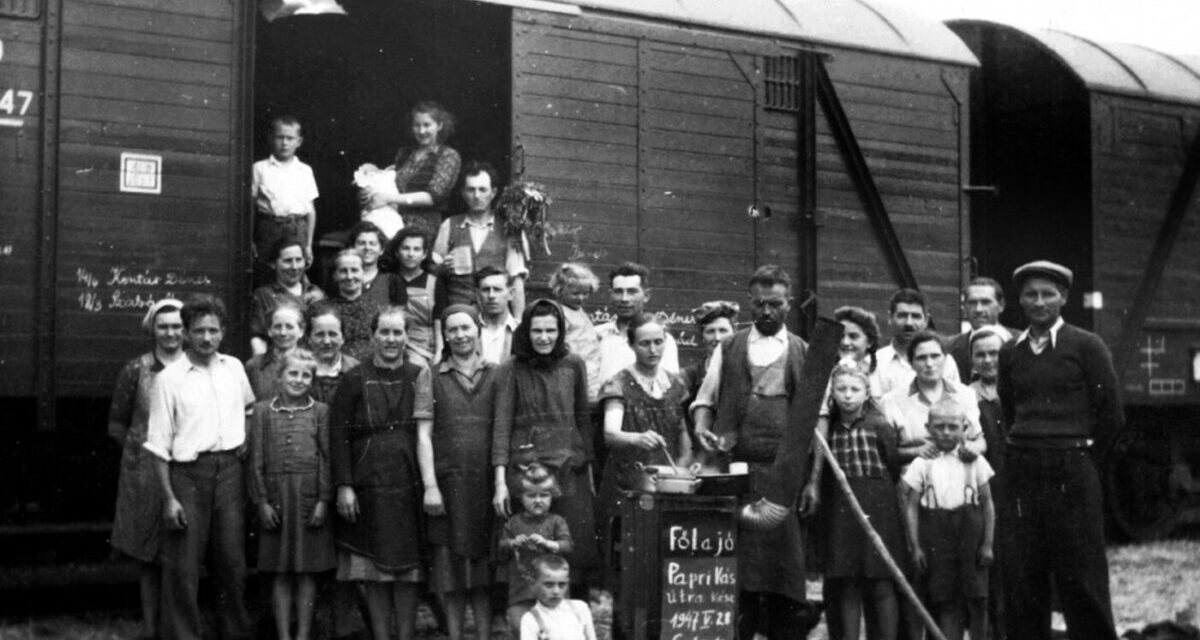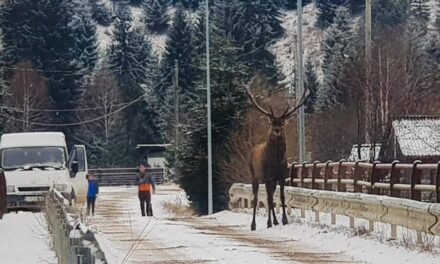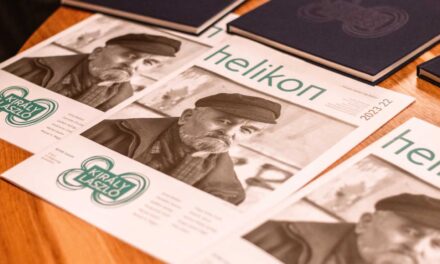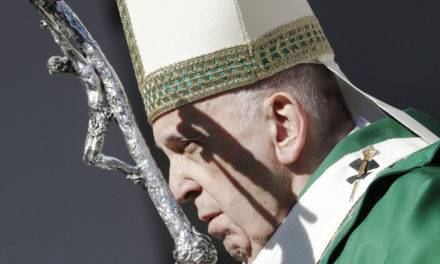In today's age, the idea of wanting to destroy and surpass nations pervades Europe, and perhaps the entire developed West, said Mágocson, the State Secretary of the Prime Minister's Office responsible for national policy.
János Árpád Potápi announced at the commemoration organized on the occasion of the Memorial Day of the Hungarians displaced from the Highlands in the small town of Baranya in the north:
the misinterpreted nationalism of the time and the idea of a unified nation-state completely alien to the history of the Carpathian Basin led to the displacement of Hungarians from the highlands.
He emphasized: if the descendants do not remember the deportation of the highlanders, the resettlement of the Szeklers from Bukovina or Transylvania, and the expulsion of the Germans, they will not tell their children and grandchildren what happened then, and historical events may repeat themselves.
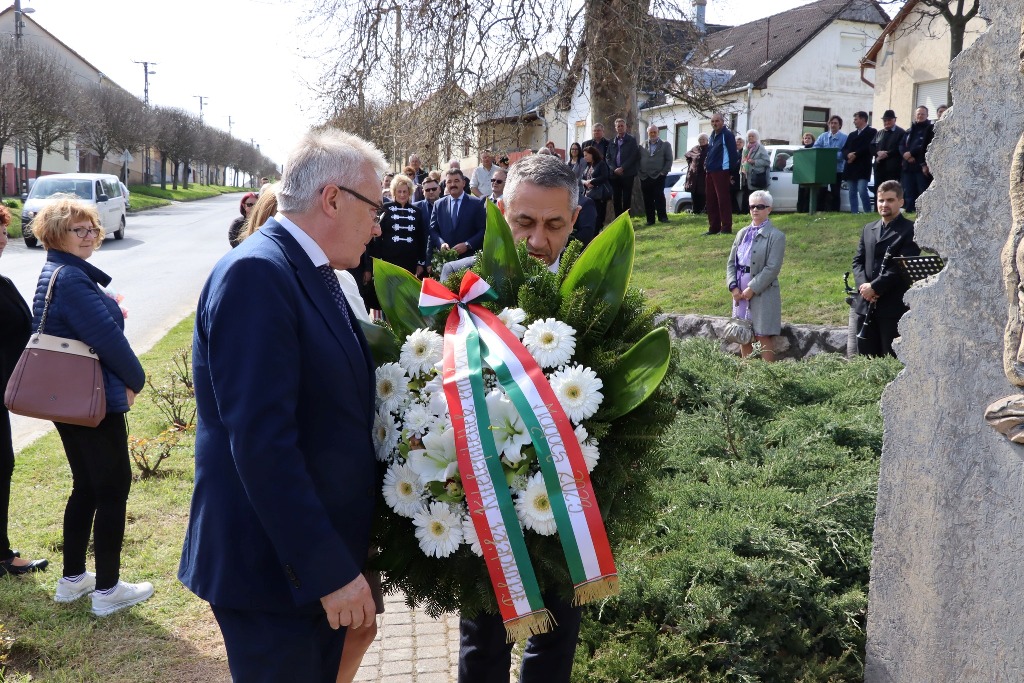
Source: János Árpád Potápi's Facebook page
As he said, “it is our responsibility to always warn; let's do the best we can to ensure that similar historical upheavals do not befall our nation, our compatriots living with us".
The state secretary recalled: on April 12, 1947, the wagons that transported the families sentenced to deportation to the motherland left the Felvidék.
He continued that Hungary had no choice in the so-called population exchange agreement, because it was decided as part of a historical process that the Hungarians should be resettled from the Highlands.
15-20 million people in Central Europe were forced to move because of the evictions and resettlements that took place with the approval and at the will of the great powers, as they decided to "create smaller nation-states from the former great empires," said János Árpád Potápi.
These new nation-states could not be created, he added, since a significant number of minorities lived in each country, and the deportation of a part of the population had already begun in the Second World War, and then the human tragedies continued with expulsions, relocations, and population exchanges.
As he said, between 1947 and 1949, a hundred thousand Hungarians were deported from Czechoslovakia, and many of them ended up in much more difficult circumstances.
Most of the settlements in Tolna and Baranya counties were inhabited by Hungarian people from the highlands after the resettlement, 189 families arrived in Mágocs alone, he explained.
In his speech, János Hargitai (KDNP), the region's parliamentary representative, pointed out that Mágocs is one of the settlements in the county where a monument was erected to honor the memory of the deported Germans and the displaced Hungarians.
"Both communities proved to be unnecessary in their homeland at the time, their members were deprived of their rights and thrown out of their countries (.), that is why it is important to always remember and not allow what the Hungarian and German communities experienced at the time to happen," said the representative.
At the joint commemoration of the municipalities of Mágocs, Dombóvár and Kaposszekcső on Wednesday, before the commemorative speeches, wreaths were laid at the Mágocs displaced people's memorial and an exhibition titled Hungarians from the Highlands in the Valley was also opened in the local cultural center.
Civilians Info: So the crazy, tragic story began 76 years ago, during which Hungarians deprived of everything in the Highlands were put into wagons, their property and land were taken and the locomotives were started towards Hungary. The laws and decrees of the Benes dictatorship are still in force today, on the basis of which the lands of Hungarians in the highlands can still be expropriated. Of course, the EU's legislators, who are so sensitive to everything, don't care about the whole thing. Rather, they should pressure the Hungarian government to finally sensitize the little ones to the LGBTQ stories that are so dear to their hearts and to support the arms shipments to Ukraine, as well as to "Europeanize" matters within its competence, then when it has done everything, we will come up with new demands. They send more commissions on his neck just to squeeze him financially. In other words, they make us pay for the money owed to us.
Of course, the Benes decrees are alive and well. Slovakia, which celebrates its 30th anniversary this year, is not punished for that. Yes, as part of historical Hungary, Felvidék was part of the Kingdom of Hungary with its rich national culture for nine centuries, and as a cultural-spiritual unit it is still under the protection of the Holy Crown. According to them, it can be forgotten that its history is part of Hungarian history and it is scary: according to some predictions, Hungarians may completely disappear from the territory of the young state around 2050. They have been displaced, regulations are applied that make it an advantage to belong to the Slovak language, education, and economic districting, and it is certainly a disadvantage to mention the old country. There can only be one citizenship: Slovak.
But the country of Szent István was repeatedly robbed and subjugated in the course of history. But by the grace of God, it still exists today, it is still a source of strength and spiritual support for those who created new state structures on it or redrawn its borders. "Water flows, stone remains", but the course of the stars changes. The Carpathian Basin is a geographical, spiritual and historical unit that can be divided temporarily, but not permanently.
At the same time, people and families suffer from the cataclysms and traumas that are primarily unleashed on us by the great powers. After Trianon, Paris, Reykjavik, we still live in isolation. There is still a small entente policy, the essence of which is that the leadership of the mother country can always be kept in check with the interests of the successor states. Rough when necessary, with refined tools when necessary.
So let's remember the sad days of the expulsion and express our respect and solidarity to those who would no longer be welcome in the Highlands by 2050. I think that all help should be given to their human and political struggle.
Source: MTI/Felvidék.ma
Featured image: Fortepan

